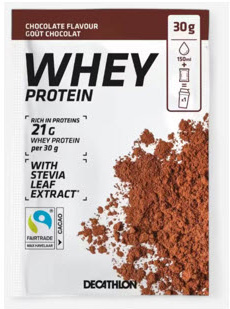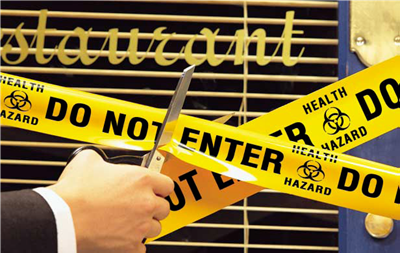The Food Safety Authority of Ireland (FSAI) today confirmed that a total of 16 Enforcement Orders were served on food businesses during the month of October 2024, for breaches of food safety legislation, pursuant to the FSAI Act, 1998 and the European Union (Official Controls in Relation to Food Legislation) Regulations, 2020.
Of these, Two Tipperary food businesses were issued with enforcement orders. All 16 Enforcement Orders were issued by Environmental Health Officers in the Health Service Executive (HSE); veterinary inspectors in the Department of Agriculture, Food and the Marine and sea-fisheries protection officers in the Sea-Fisheries Protection Authority.
The first Tipperary ‘Closure Order’ was served under the FSAI Act, 1998 on Longfield Academy (Ltd.) (Closed area: Main kitchen used for reheating food), Rockview, Deerpark Rd, Cashel, Co. Tipperary.
Latter closure was due to ‘rodent infestation’.
The second ‘Closure Order’ was served under the European Union (Official Controls in Relation to Food Legislation) Regulations, 2020 on Welcome Home (Retailer), No. 2 Kickham Place, Tipperary Town, Co. Tipperary.
Latter was closed due to evidence of rodent faeces; lack of adequate cleaning in all parts of the premises including equipment used and maintenance of same.
Overall the reasons for the 16 Enforcement Orders in October included: rat infestation; significant build-up of rodent droppings; presence of fruit and drain flies; live maggots on old food residue; extensive rodent droppings; no wash hand basin with hot and cold water for food workers; an inaccessible wash hand basin; a complete lack of cleaning; accumulation of grease and food debris; dirty food contact equipment; lack of adequate food storage and contamination prevention procedures; persistent and historical failure to comply with food law; no evidence of a food safety management system.
Dr Pamela Byrne, (Chief Executive, FSAI), reiterated the need for food businesses to have adequate pest control systems in place; adding that businesses must operate strict food safety procedures at all times and that they need to be especially vigilant during this particularly busy time of year leading up to Christmas. She stated; “Inadequate pest control measures, filthy premises and unsafe food storage are once again the primary reasons for the Enforcement Orders served in October. A high number of the Enforcement Orders were associated with issues related to pests as well as failures to maintain adequate cleaning. These issues are all preventable and food businesses must ensure that they always adhere to a high standard of food safety and hygiene. It is imperative that every food business has a proper pest control system in place and that this is checked very regularly to avoid infestations of rodents and insects. With the busy Christmas period nearly upon us, food businesses must be especially vigilant to ensure compliance with the law and to protect the health of their customers.”
Details of the food businesses served with Enforcement Orders are published on the FSAI’s website at www.fsai.ie. Closure Orders and Improvement Orders will remain listed in the Enforcement reports on the website for a period of three months from the date of when a premises is adjudged to have corrected its food safety issue, with Prohibition Orders being listed for a period of one month from the date the Order was lifted.






Recent Comments